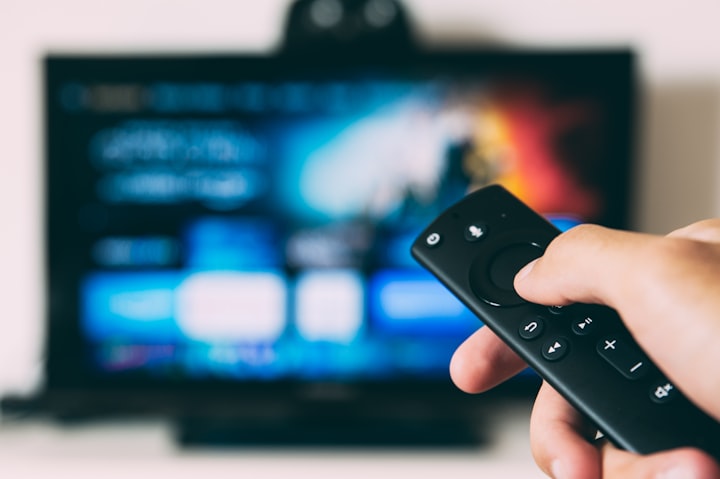Beyond "Don't Compare Yourself To Others"
Getting around this advice if it doesn't work for you

Don't think about eggs.
So. What are you thinking about?
I'm thinking about eggs.
The more you tell me to not think about something, the more I actually think about it. It's like a big red button in my brain that says "don't press". My brain is definitely pressing that button.
Instead, this is what I needed before I actually stopped comparing myself to others:
to know why I so naturally reverted to comparison
to learn how to shift away from such an automatic thought process
Comparison as a metric
Mark Manson talks about how we can have different metrics for measuring some kind of underlying value.
What I realized was that my comparison to other students derived from using default, popular metrics that others were using to measure their own success or productivity:
- How many hours you didn't sleep
- How many hours you spent in the lab (back when labs were open)
- How many articles you were writing
The entire Ph.D. journey is a long, confusing path of delayed gratification. It makes sense that we as students are trying to find smaller goalposts for measuring our progress. For some odd reason (that I absolutely would love to change), we often measure our journey based on what's commonly discussed - sacrificing mental health and basic self-care needs.
I value measuring productivity in helping me learn about what's working and what's not working. These default metrics are ones that no longer believe in and am striving to leave behind.
That's why I set my intentions to find a metric for this value that doesn't rely on comparing to others.
Set your own intentions
To shift away from others' metrics, you'll have to find your own. Honestly, it's hard to set a specific, measurable, achievable, relevant and time-bound goal* right at the beginning of your graduate career.
In fact, over the next few years, obstacles will certainly pop up during your degree.
(For me it was a whole pandemic.)
A flexible plan works better than a static plan.
I still value the external accountability of a static plan, which is why I've set up an ongoing, morphable system. I reflect on these four questions regularly:
- What's working? Celebrate these small wins!
- What's not working? Acknowledge, problem solve.
- Where do you see this project/skill going? Dream big!
- What is the next bite-sized step? Start small.
I personally journal the responses to these questions. Alternatively, you could use this as a structure for presenting updates at regular meetings with your supervisor or collaborators. (That's how these questions were first developed!)
Rather than just telling myself to not compare to others, I now have a system to document and see my own growth.
Flipping through my journal, I can track:
- all the successes I've celebrated all along (question 1)
- the problems I've tackled and solved (question 2)
how a dream can grow from "okay let's just hope to publish this" to "how can we turn this into a new piece of technology?" or "how can we better communicate this to the public to better quality of life?" (question 3).
The final question keeps me honest and grounded and focussed on the next doable step to move the needle forward.
The process of letting go
Even with this system, sometimes these automatic thoughts of comparison still come up. But instead of ruminating on them as I have in the past, I can more easily shift towards what I value instead of suppressing it ineffectively.
If I still can't shake it, I use this acceptance exercise by Dr. Russ Harris:
Summary
- (Don't think about eggs)
- Figure out what metrics you're defaulting to when evaluating your journey in life
- Experiment with metrics that align with what you value (e.g., journaling to reflect on successes, barriers, goals and next steps)
This piece was first published here.






Comments
There are no comments for this story
Be the first to respond and start the conversation.